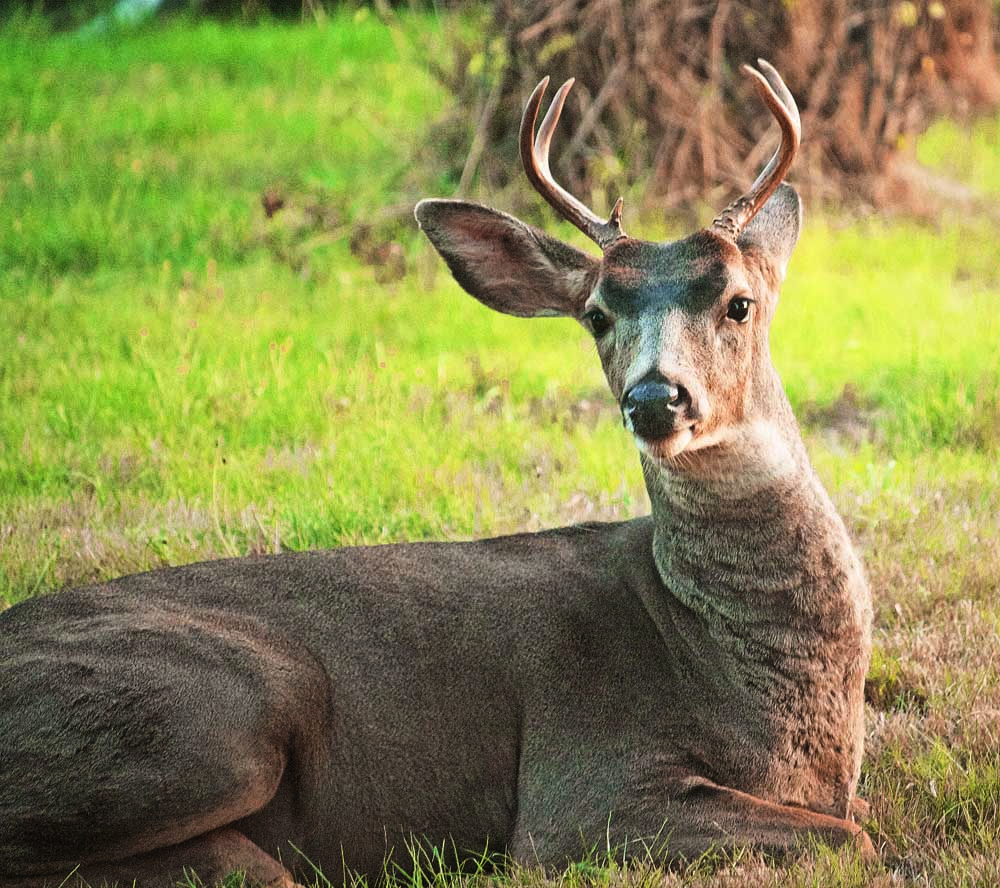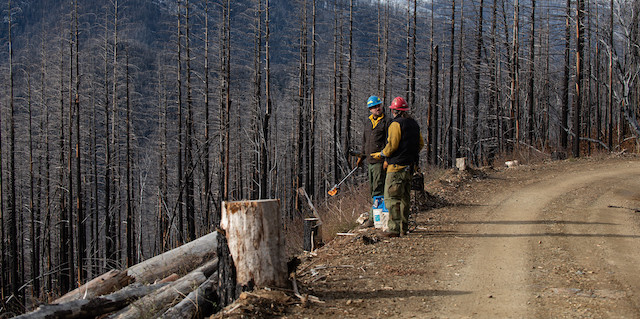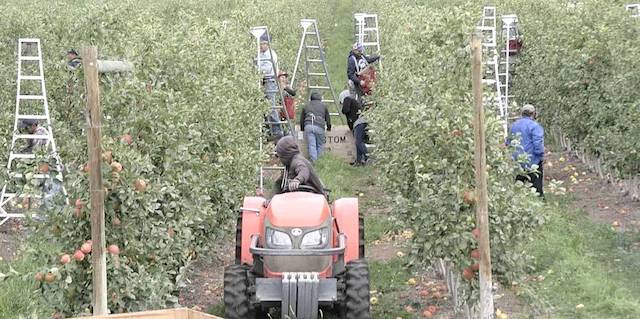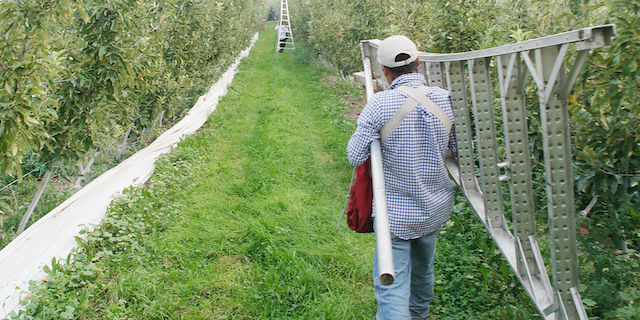Brain disease found in more Washington deer
Published 3:27 pm Monday, December 30, 2024

- The Washington Department of Fish and Wildlife is considering how to keep chronic wasting disease from spreading to healthy deer.
A Washington Department of Fish and Wildlife scientist said Dec. 20 chronic wasting disease, a brain ailment that afflicts deer, likely will persist in Washington for decades.
Washington State University in mid-December confirmed three white-tailed deer harvested in Spokane County and one harvested in Pend Oreille County this fall had the disease.
The three in Spokane County were harvested within 5 miles of the state’s first two cases, detected earlier this year. The other deer was harvested about 25 miles to the north.
Donny Martorello, chief of the WDFW wildlife science division, said finding an infected deer outside Spokane County was discouraging. “It’s probably in Washington for the foreseeable future,” he said.
Chronic wasting disease is a deadly neurological illness that affects deer, elk, moose and reindeer. Infected animals can appear healthy and spread the disease for months or years before dying.
Although it was unknown in Washington until this year, Fish and Wildlife had prepared a plan to respond, anticipating the disease could cross over from Idaho, where it was first detected in 2021.
Fish and Wildlife expanded in 2022 a program to test harvested deer for chronic wasting disease. “We wanted to detect it early, and I think we have done it,” Martorello said.
Although difficult to eradicate, the disease could be contained, Fish and Wildlife scientists said. Since last summer, more than 500 deer harvested in the Spokane area have been tested. Only four tested positive.
Fish and Wildlife ungulate research scientist Melia DeVivo said the low rate was a sign the disease may have been caught early.
“Less than 1% prevalence is good,” she said. “Maybe we can actually get a handle on this.”
Chronic wasting disease is related to scrapie in sheep and bovine spongiform encephalopathy (mad cow disease) in cattle. The disease, which kills brain cells, has been confirmed in more than 30 states.
The disease can spread from animal to animal or by humans transporting infected animals. Martorello said the disease could pop up elsewhere in the state.
Fish and Wildlife is considering stepping up testing in other parts of the state to detect the disease, he said.
Fish and Wildlife requires hunters to submit for testing lymph nodes from deer harvested in three game management units in the Spokane area.
The department encourages, but does not require, hunters elsewhere to send in samples. More information on submitting samples is available on the department’s website.






